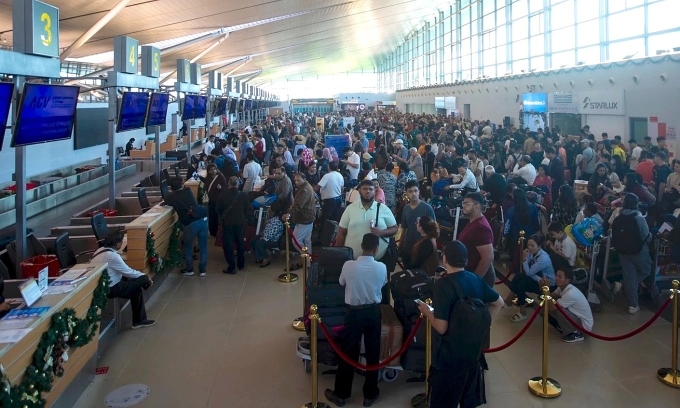It began and ended with a delicate chip. Twenty-five years ago, Mark Viduka delivered a memorable performance by scoring all four goals in Leeds United’s thrilling 4-3 victory over Liverpool at Elland Road. While the players around him scrambled, Viduka maintained a calm demeanor, bookending his efforts with deft shots over Liverpool’s goalkeeper, Sander Westerveld.
“I had to learn it over time,” Viduka reflects on his composure, often seen as his superpower. “I played a lot of games where I was very nervous. When I was younger, I might just have belted it and hoped for the best.”
Viduka reminisces about an early game during his tenure at Croatia Zagreb, now Dinamo Zagreb, where he faced immense pressure. He recalls a one-on-one situation with Tonci Gabric during the Eternal derby against Hajduk Split. “There was huge expectation, and a roar from the crowd,” he admits. “Somehow, I hit it with the outside of my foot and it went through the keeper’s legs. All the commentators thought I did it on purpose and I’m thinking: ‘Thank God that went in.’”
From Melbourne to Zagreb: A Football Journey
Viduka’s journey from Melbourne to Zagreb was marked by cultural and professional challenges. Born to Croatian immigrant parents in Australia, Viduka grew up facing cultural stereotypes. “They used to call us wogs,” he recalls. “But what do you expect? My parents had it worse when they came – but you know what, who’s complaining? Sometimes you’ve got to take it on the chin.”
His father’s passion for football led them to become regulars at Melbourne Croatia, now known as Melbourne Knights. Viduka’s talent was evident early on, earning him a scholarship at the Australian Institute of Sport at 16 and a spot on the Knights’ first team by 18.
His burgeoning talent soon outgrew Australia’s domestic league, attracting interest from European clubs. Despite his parents’ concerns about the ongoing civil war, Viduka was determined to join Croatia Zagreb, influenced by a personal invitation from then-Croatian president Franjo Tudjman.
Challenges and Triumphs in Europe
Viduka’s time in Croatia was fraught with challenges, including being unfairly linked to Tudjman, which drew public ire. “I’d have my fans and the opposition fans singing insults to me before I even started playing,” he says, likening his experience to David Beckham’s post-France 98 ordeal.
Despite the hostility, Viduka’s resolve saw him move to Celtic in 1998. However, his debut was delayed due to emotional exhaustion. “I had to say exactly how it is, and whatever happens, happens,” he explains, recalling his candid conversation with Celtic manager Jozef Venglos.
After overcoming initial struggles, Viduka thrived in Scotland, winning a Scottish League Cup and scoring 35 goals. His success caught the attention of Leeds United, who signed him for £6m. Viduka’s 22 goals were instrumental in Leeds reaching the Champions League semi-finals in 2000-01.
Leeds United: A Rollercoaster Ride
Viduka fondly remembers his time at Leeds, highlighting friendships with players like Olivier Dacourt and the contributions of teammates such as Lee Bowyer and Harry Kewell. However, financial instability plagued the club, leading to the sale of key players and eventual relegation in 2004.
“I love Leeds, I love the place, I love the club,” Viduka says. “If everything was OK, I would have stayed there. But I didn’t want to be playing second division football, and they couldn’t afford for me to stay.”
His subsequent move to Middlesbrough saw him reach the 2006 UEFA Cup final, though they were defeated by Sevilla. “I’m thinking: ‘This thing’s destined for us.’ Little did we know Sevilla weren’t thinking the same way,” he reflects on the 4-0 loss.
Life Beyond Football
Viduka captained Australia at the 2006 World Cup, a career highlight alongside winning the title with Melbourne Knights in 1995. Now 50, Viduka enjoys a quieter life in Zagreb, running a coffee shop with his wife.
“When I came to Zagreb, the first thing they asked me at the airport was: ‘Do you drink coffee?’ The culture here is all about meeting with friends over a cup of coffee,” he explains. The cafe, located in a picturesque neighborhood, is a testament to Viduka’s love for community and connection.
Reflecting on his journey, Viduka remains proud of his roots and the opportunities football provided. “Australia is one of the best countries in the world. It gave my parents everything. It gave them an opportunity to raise their kids in a safe environment,” he concludes.







